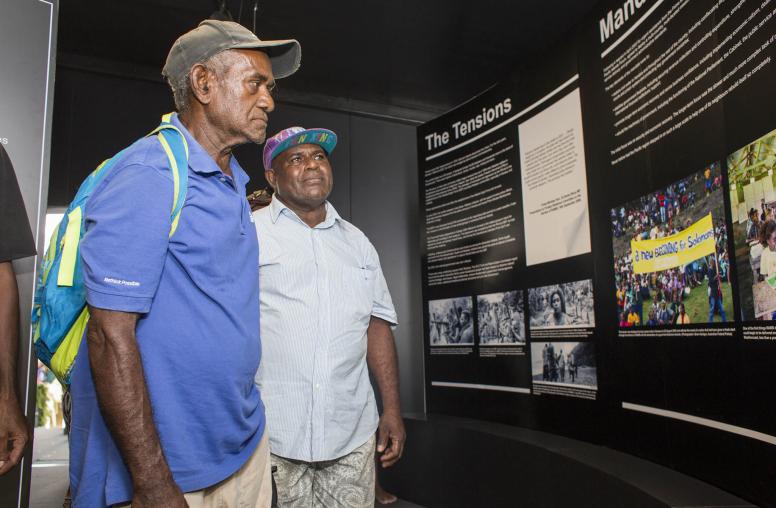Combating Terrorism in Democratic States
Combating terrorism is not a new problem for democracies: since the 1960s, more than a dozen democratic countries have experienced sustained terrorist campaigns. Many of these states developed counterterrorist strategies that effectively eliminated or significantly reduced their terrorist threats. In spite of these experiences, few studies have systematically assessed the previous counterterrorist campaigns of democracies to see what worked, what did not, and why.
The United States Institute of Peace invites you to a discussion of a multi-author study from USIP Press. Democracy and Counterterrorism: Lessons from the Past, edited by Robert Art and Louise Richardson, examines thirteen cases across Europe, Latin America, Asia, and the Middle East to assess how democratic states have countered terrorist groups, and what lessons their campaigns offer for democracies currently battling al Qaeda and other global jihadists.
Speakers
- Robert Art
Brandeis University - Louise Richardson
Radcliffe Institute for Advanced Study, Harvard University - Paul Pillar
Center for Peace and Security Studies, Georgetown University - Richard Falkenrath
NYPD - Paul Stares, Moderator
U.S. Institute of Peace
Archived Audio
To listen to audio or to view video, please click on the links provided below. You also can right click on the links and choose "Save Target As" or "Download Linked File." This will save the file to your computer and then allow you to play it in your media player directly. More Audio Help.
- Listen to the audio from this event.
1:54:00 - 21.9MB




